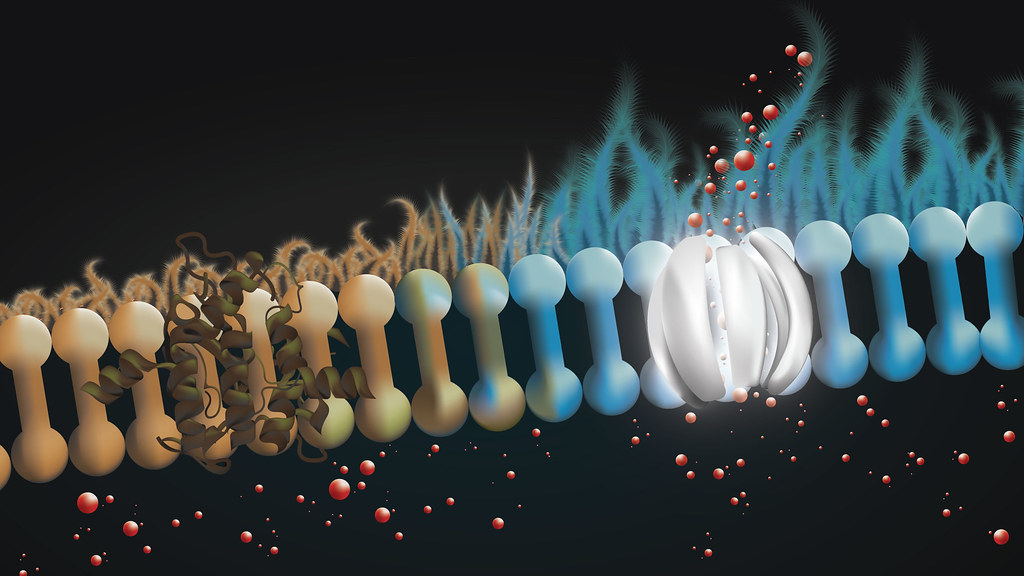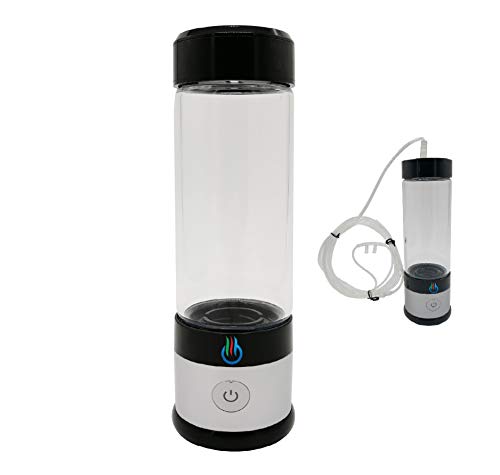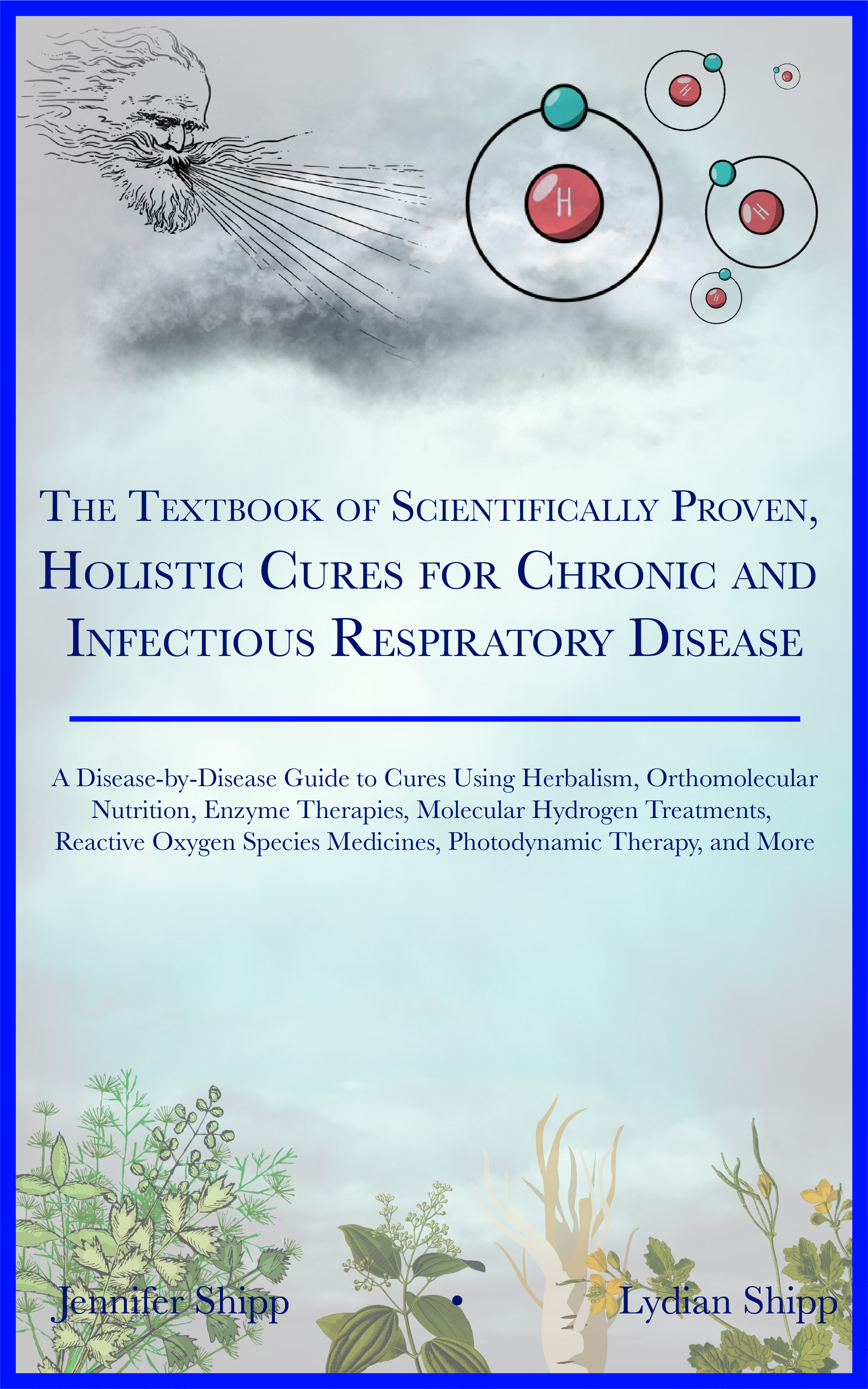 The Molecular Hydrogen Antioxidant Cure for Cystic Fibrosis
The Molecular Hydrogen Antioxidant Cure for Cystic Fibrosis
Scientists have been studying the effects of molecular hydrogen treatments on pulmonary fibrosis and cystic fibrosis for quite some time. A number of theories have been proposed regarding why molecular hydrogen treatments work to reverse fibrosis in the lungs. Some scientists believe that water that has a higher concentration (2% or higher) of molecular hydrogen scavenges for damaging free radicals that can hurt lung tissues which them become “scarred” or “fibrotic”. Other theories, however, acknowledge that DNA plays a role in diseases like cystic fibrosis. Indeed, mucus production is ionically askew in patients with cystic fibrosis which could be affected by hydrogen bonds in cellular DNA.
One scientific study noted that symptoms of cystic fibrosis are caused by a DNA mutation of R117H and that this mutation could be explained by the loss of a hydrogen bond. Restoration of the hydrogen bond in the DNA in human cells could explain why molecular hydrogen treatments are able to cure cystic fibrosis. Scientists acknowledge that they don’t know exactly how molecular hydrogen works to cure cystic fibrosis and other types of pulmonary fibrosis, but the results of this type of treatment indicate that molecular hydrogen is a valuable medicine that is non-toxic, but that has a positive impact on most organs of the body including the lungs, bronchioles, and airways.
 H2 USB Sport MAXX Hydrogen Water Generator with Glass Bottle and Inhaler Adapter (Silver)
H2 USB Sport MAXX Hydrogen Water Generator with Glass Bottle and Inhaler Adapter (Silver)
- Hydrogen-rich saline which is administered via IV
- Hydrogen-rich drinking water (like that produced by a Kangen Machine or special H2 generating machines)
- Hydrogen gas inhalation therapy via nebulizer
- Topical administration of molecular hydrogen
- Hyperbaric molecular hydrogen treatment
- Oxy-hydrogen inhalation therapy (which involves administration of oxygen gas at 33% and hydrogen gas at 66% and delivered via a nebulizer)
Molecular hydrogen treatments also affect macrophage behaviors in the body. Acute respiratory distress syndrome is caused by a variety of disease states including, for example, COVID-19, but also lung injury, which can occur in cystic fibrosis patients. Basically acute respiratory distress syndrome takes shape as part of a downward spiral that starts with the inflammatory process. Molecular hydrogen treatments downregulate pro-inflammatory cytokine production to stop this downward spiral. And molecular hydrogen also change the function and behavior of macrophages to inhibit lung fibrosis and even late-phase lung injury in patients with cystic fibrosis.
Scientists who have examined the use of molecular hydrogen inhalation have noted that fibrosis of the lungs can be stopped and even reversed using this method of treatment. In fact, it works so well, that it is regarded as a cure for emphysema, a severe and fatal fibrotic condition of the lungs. It is possible for cystic fibrosis patients to administer molecular hydrogen treatments at home using a machine that produces high concentrations of molecular hydrogen in water that is then nebulized into a fine mist. Molecular hydrogen nebulizing treatments do not usually cause airway constriction when patients first begin using this type of therapy. As such, the use of molecular hydrogen should happen before patients attempt to use hypertonic saline treatments to cure cystic fibrosis.


https://alivenhealthy.com/2022/03/04/natural-cystic-fibrosis-cures-and-treatments-basic-overview/ https://alivenhealthy.com/2022/03/04/how-sea-air-and-surfing-can-improve-cystic-fibrosis-symptoms-and-how-to-use-hypertonic-saline-to-get-the-same-benefits-at-home/ https://alivenhealthy.com/2022/03/04/cystic-fibrosis-nutritional-supplements-that-your-doctor-never-told-you-about/ https://alivenhealthy.com/2019/05/15/bob-wright-protocol-kangen-machine-alkaline-water-cancer-cure/ https://alivenhealthy.com/2022/03/04/n-acetylcysteine-nac-as-a-natural-cystic-fibrosis-cure/ https://alivenhealthy.com/2022/03/04/simple-and-effective-natural-treatments-for-pulmonary-fibrosis-interstitial-lung-disease/ https://alivenhealthy.com/2022/03/04/nebulizing-with-hydrogen-peroxide-effective-cure-for-lung-diseases-respiratory-infections-and-more/
Resources:

 Alkadrops Hydrogen Water H2 Inhalation Machine with 150ml/min 99.99% High Purity H2 Low Noise Hydrogen Water Generator ionizer SPE/PEM
Alkadrops Hydrogen Water H2 Inhalation Machine with 150ml/min 99.99% High Purity H2 Low Noise Hydrogen Water Generator ionizer SPE/PEM





















